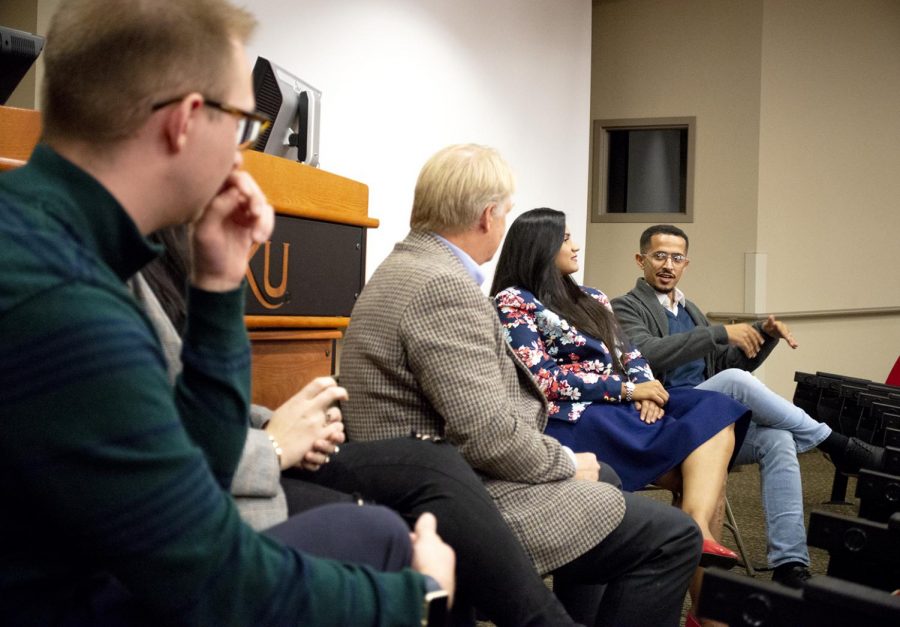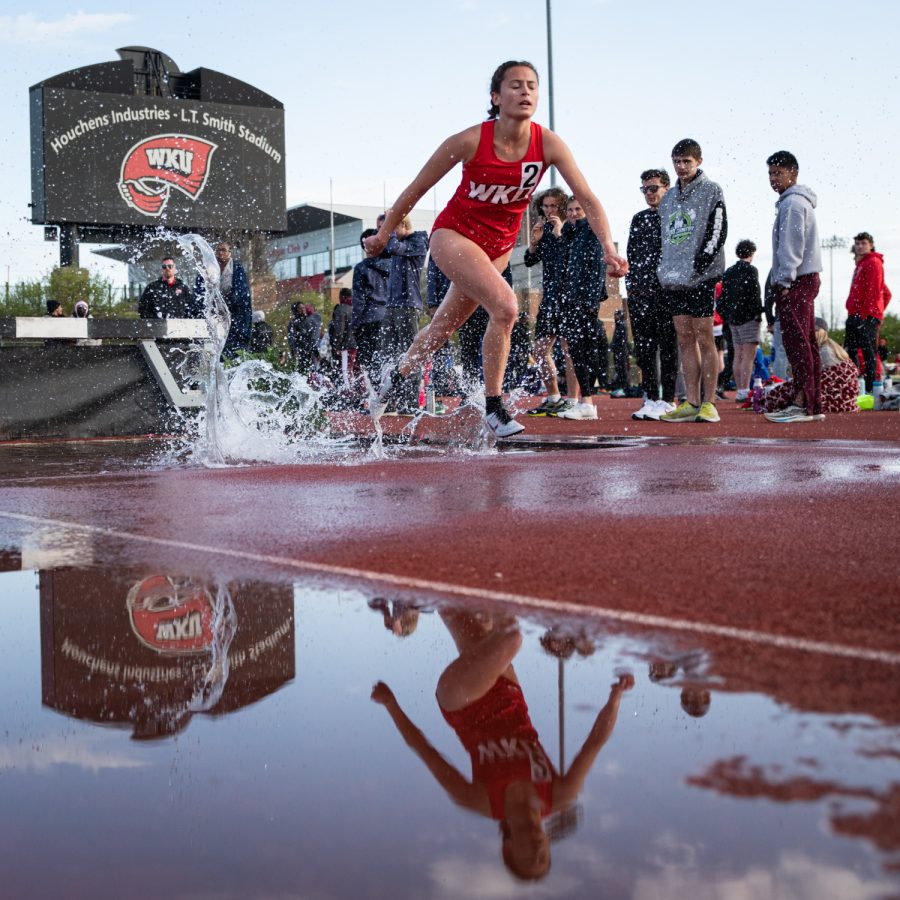WKU to continue Saudi scholarship amid tension between countries
November 13, 2018
Colleges and universities around the United States that receive money for programs from the Saudi Arabian government are re-evaluating arrangements following the recent death of a journalist in the Saudi Arabian embassy in Turkey. WKU is not one of them.
Washington Post columnist Jamal Khashoggi was killed Oct. 2 at the Saudi consulate in Istanbul, Turkey. The details surrounding his death have sparked fierce debate.
Although WKU is one of the schools that receives students participating in the King Abdullah Scholarship Program, it doesn’t receive any money from the Saudi government to fund programs.
Associate provost for global learning and international affairs John Sunnygard said many schools are rethinking the grants received in case they are associated either with motivation or the perceived motivation to murder Khashoggi or the war in Yemen.
“The scholarship program is neither of those,” Sunnygard said. “That’s a very important distintion. WKU does not currently have any research grants from the Saudi government.”
KASP is ministered through the Saudi Arabian Culture Ministry and has been in place since 2011. Through KASP, qualifying Saudi Arabian students attend a college or university in a foreign country. The scholarship covers their full academic tuition, medical and dental coverage, round trip tickets for students and family, academic supervision and a monthly stipend for the students, their spouses or their children.
According to SACM’s website, more than 71,000 Saudi students studied in the United States in 2012.
Students are encouraged to study programs that would contribute to Saudi Arabia’s growing “knowledge-based” economy, Sunnygard said. This includes engineering, computer science, business, political science, education and majors that fall under public health.
“There isn’t a dime of WKU money that goes into it,” Sunnygard said.
There are currently 239 Saudi students enrolled at WKU, 202 males and 37 females. Sunnygard estimates that 99 percent are funded to study through KASP.
“[International students] contribute $40 million a year to the Bowling Green economy,” he said. “They also pay a higher tuition than out-of-state students.”
According to WKU, international students pay $39,894 to attend during the 2018-2019 year.
Manees Alshehri is a Saudi Arabian student studying at WKU through KASP. Alshehri will graduate from WKU in 2018 with a degree in political science and international affairs.
He said, along with other students, he was shocked to initially hear the news of Khashoggi’s death.
“If you look at the history of the Saudi government, they haven’t done something like that before to kill one of its citizens if they agree or disagree with the government,” Alshehri said. “It was a shock in the beginning, but we’re just waiting for the results right now. It takes time.”
Alshehri said he has noticed animosity since arriving in the United States in 2012 but does not blame those feelings on the majority of Americans.
“Some people completely believe what the media says,” he said. “Some see us and are reminded of the bad things that have happened, which is unfortunate.”
Sunnygard said KASP is important because it is helping to educate “an entire generation of people who will be leaders in their country.”
“The students are learning the value of an open economy, a free press and human rights-things the U.S. stands for-and the Saudis are investing in that,” he said. “They’re investing in their students, and they’re investing in us.”
Reporter Emily DeLetter can be reached at 270-745-6011 or emily.deletter304@topper.wku.edu. Follow her on Twitter at @emilydeletter.















